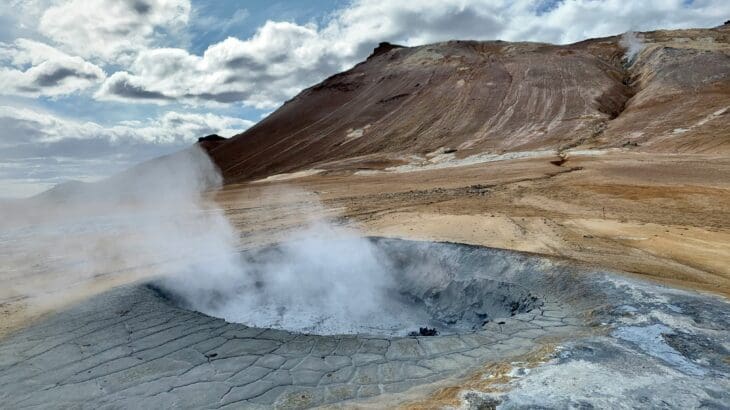The successful restructuring of the Puerto Rico Electric Power Authority will be critical to the island’s overall economic recovery. Prepa’s mountainous $9 billion debt represents 12% of Puerto Rico’s overall debt load. The recent appointment of a chief restructuring officer, fellow Examiner Lisa Donahue of AlixPartners, is an important first step for the utility, which has been plagued by years of mismanagement and waste. The implementation of Prepa’s restructuring plan will be challenging, and success depends on gaining the approval of Gov. Alejandro García Padilla’s embattled administration, nervous bondholders and UTIER, Prepa’s main labor union.
One of the critical facets of the restructuring plan will be finding an alternative to Puerto Rico’s dependence on oil for its electricity needs. The utility’s capital improvement plan calls for lowering the island’s energy costs through fuel diversification and cost-cutting initiatives in addition to upgrading the island’s energy infrastructure for conversion to natural gas. Prepa has long contemplated a shift to efficient energy sources like natural gas, wind or solar energy, but its efforts have been hindered by budgetary constraints. The transition to alternative forms of energy will enable Prepa to provide cheaper energy rates, which will be paramount to spurring economic growth on the island. Currently, Puerto Rico’s energy costs are twice as expensive to consumers as electricity in the rest of the United States. For an island with a median household income just under $20,000, the transition is necessary and will be meaningful for all who reside there.
These initiatives have the promise of materially changing Puerto Rico’s antiquated energy landscape but without funds to invest they are all just ideas. The conundrum Puerto Rico faces is that foreign investment has been frozen due to the larger economic issues affecting the island. It is critical that foreign investment return, but Puerto Rico must demonstrate to the capital markets that it has a sound fiscal plan. Prepa, which is emblematic of the island, has relied too heavily on foreign investment to fix its problems. Any restructuring plan will have to carefully consider job cuts, potential temporary rate hikes, a restructuring of its existing bond debt and even privatization. All these are anathema to government officials, union leaders, bondholders and the island’s inhabitants. However, the longevity and future success of Prepa and that of Puerto Rico are innately tied to their ability to take a long hard look at themselves and be courageous enough to make some difficult choices.


